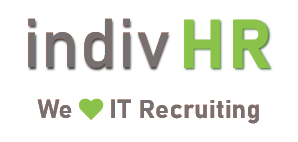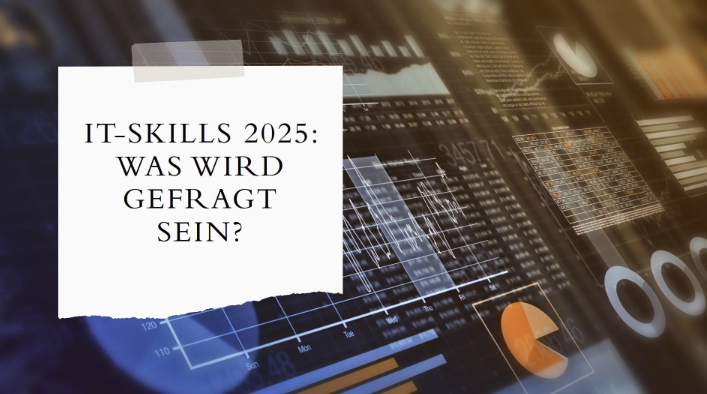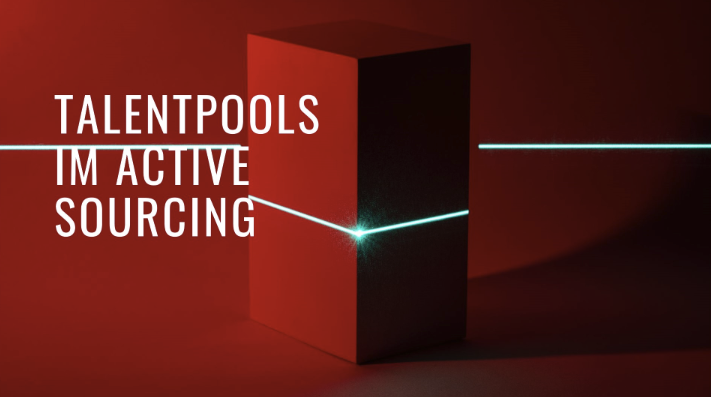Artificial intelligence (AI) is revolutionising recruitment and helping companies to save time and optimise the selection process. However, despite its efficiency, the use of AI also harbours risks - in particular due to the so-called "AI bias", i.e. the systematic distortion of algorithms. It is crucial for managers and recruiters to understand these biases and develop strategies to ensure fairness and objectivity in the selection process. In this article, you will learn how AI bias arises, how it can be avoided and what successful examples there are of bias-free AI implementations.
How does AI bias arise and what impact does it have on the recruitment process?
AI bias occurs when artificial intelligence algorithms adopt unconscious prejudices due to insufficient or biased data. This bias can occur, for example, if the training data contains historical inequalities that are then reflected in the automated decisions. An example: If the training data shows a dominance of male applicants in certain IT roles, the algorithm could penalise female applicants (e.g. in the automated search in the applicant database). Such distortions lead to applicants being wrongly excluded or favoured and affect diversity and fairness in the company.
The impact of uncontrolled AI bias is significant, as it can reduce the chances of qualified candidates and have a negative impact on diversity within the company. In addition, it can damage the company's image and reduce the trust of potential employees. A fair, diversity-focussed recruiting process is therefore not only ethical, but also strengthens the long-term innovative power of a company.
Tips for minimising bias and using fair algorithms
To effectively minimise AI bias, it is first important to pay attention to the quality and diversity of the training data. Companies should ensure that their data represents a wide range of applicants in order to reduce systematic bias. In addition, audits and regular checks of the algorithms can help to identify and eliminate potential bias factors at an early stage. One approach could be to bring in external experts or specialised companies to test the algorithm for fairness from different perspectives.
Another important aspect is the implementation of so-called "fairness algorithms", which are specially designed to recognise and compensate for distortions. Such algorithms analyse the data and adjust the scoring so that underrepresented groups are treated fairly. These measures not only minimise bias effects, but also increase the likelihood that AI-supported tools can be integrated into the recruitment process in a sustainable and fair manner.
Case studies: Successful implementations of bias-free AI in recruiting
Some companies are already successfully relying on bias-free AI and using it as a competitive advantage in recruitment. For example, an international technology company decided to use specialised training data that deliberately took into account diverse demographic groups. This helped to avoid historical bias and consider applications from different groups equally. The result was a significant increase in applications from underrepresented groups, which had a positive impact on the company's diversity and culture.
Another successful case study comes from the financial sector, where software was used that was optimised for the uniform assessment of qualifications rather than demographic characteristics. The company carried out regular bias tests and was thus able to take targeted countermeasures before discriminatory patterns could become established. These measures helped to increase applicants' confidence in the process and to strengthen the company's reputation as a fair and attractive employer.
The path to a bias-free recruiting process with AI
AI bias is a problem that every company should keep in mind when using AI in the recruitment process. However, with the right strategies - from careful data preparation to the implementation of fair algorithms - AI bias can be controlled and minimised. A bias-free recruitment process not only promotes fairness and diversity, but also strengthens the company's image and makes the employer more attractive to qualified talent.
"At indivHR, we attach great importance to ensuring that our partner companies use AI responsibly and fairly," emphasises Ilka Zeiner, Managing Director of indivHR. "A conscious approach to AI bias is not only a technical responsibility, but also an ethical one that every company must face up to."
Book a free initial consultation with indivHR now
If you are looking for support in setting up a bias-free, AI-supported recruiting process, indivHR is your experienced partner. Contact us for a no-obligation consultation and secure the best IT talent for your company.





